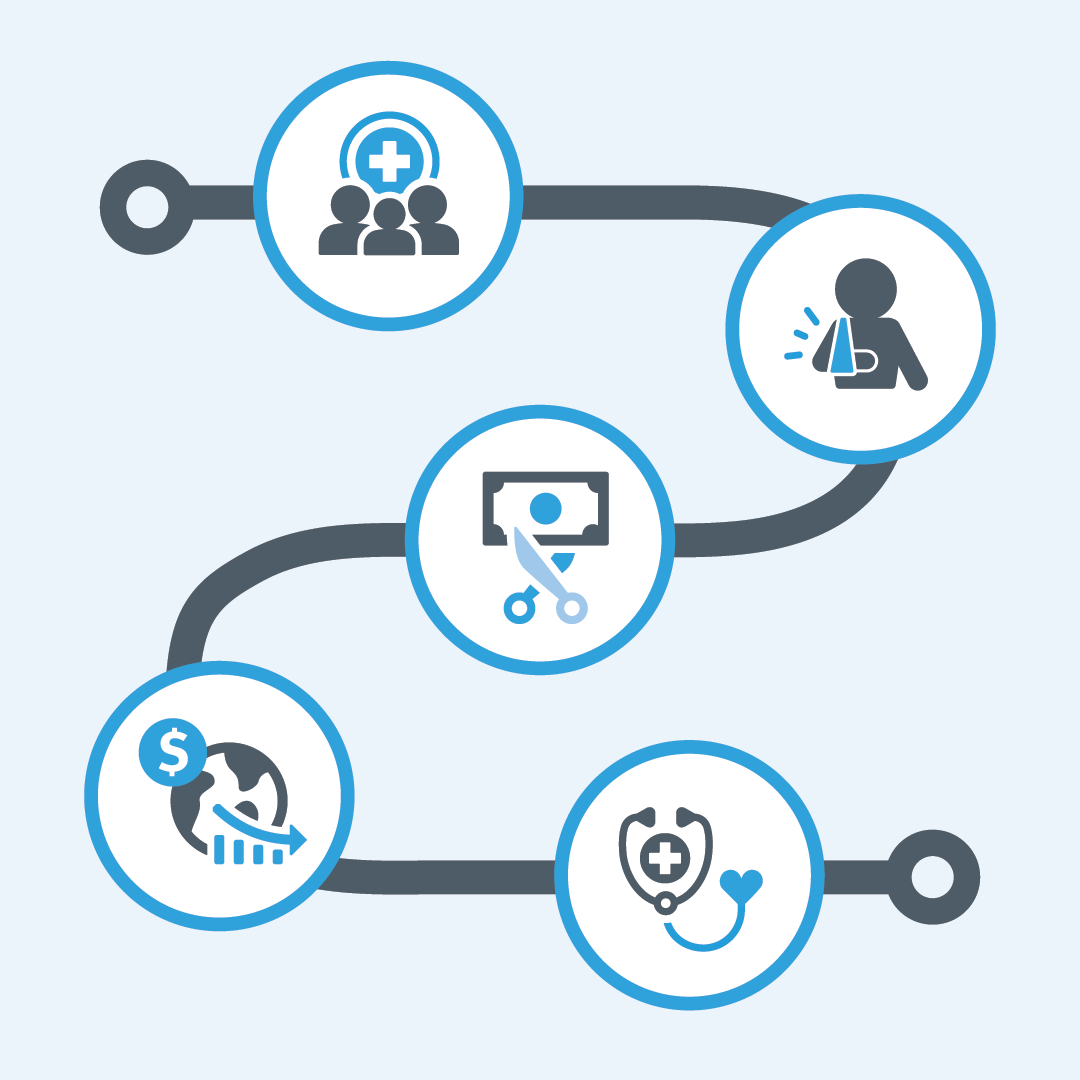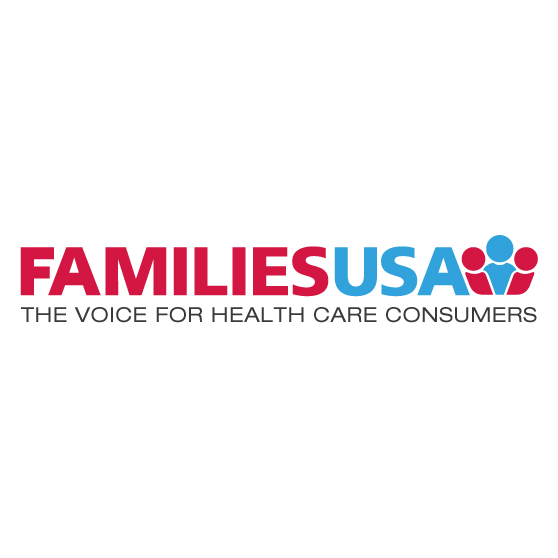
Congress Takes Steps to Address Substance Use Disorder; More Action Needed
07.06.2018
Substance Use Disorder (SUD) is a massive public health emergency facing the United States, costing tens of thousands of lives per year and touching every community. Over the past few months, Congress has prioritized addressing this crisis with hearings and legislation aimed at the opioids crisis in particular.
The House Energy and Commerce Committee recently reported out 57 bills that will be considered on the House floor later in June, many of which received at least some bipartisan support. In the Senate, the Finance, HELP, and Aging Committees are also working on legislation to stem the rise of this crisis. We are grateful for Congress’s attention to and action on this issue, and hope it is a down payment for actions to come.
But the legislation put forward to this point is not adequate to address the scope of the crisis. To truly and effectively combat this crisis, Congress must significantly expand the reach of Medicaid-funded preventive and treatment services. Medicaid covers 70 million people nationwide and plays a pivotal role in addressing substance use disorder (SUD), including covering nearly 4 in 10 non-elderly adults in the country with opioid addiction.
For details, view Families USA’s fact sheet: Medicaid Must Play in Combating Substance Use Disorder
Bipartisan legislation contains some promising proposals
Of the bipartisan legislation that was approved by the Energy and Commerce Committee, several provisions are aimed at making meaningful improvements for children and families who rely on Medicaid coverage. Many of these proposals are positive steps, and the most promising proposed changes include:
- Extending the period of enhanced federal funding to state “Health Homes” Medicaid programs—programs seeking to combine intensive “whole person” care with traditional medical services—from two years to two and a half years for programs focused on substance use disorder, as an added financial support for states developing such programs.
- Allowing for former foster youth to keep Medicaid coverage up to the age of 26 regardless of whether they still live in the state where they were in foster care [H.R. 4998]
- Mandating coverage of comprehensive SUD and mental health benefits in CHIP, regardless of the election of benchmark by the state [H.R. 3192]
- Requiring states to suspend, rather than terminate, coverage for juveniles entering incarceration, so that coverage could be immediately restarted upon release [H.R. 1925]
- Creating a demonstration project in Medicaid that would provide an enhanced match for states that would provide funding to increase provider capacity for substance-use treatment and recovery services.” [H.R. 5477]
- Requiring state Medicaid programs to report on behavioral health measures that are included in CMS’ 2018 Core Set of Adult Health Care Quality Measures for Medicaid [H.R. 5583]
- Providing Medicaid coverage of some services to pregnant and postpartum women receiving inpatient treatment services SUD and gives state Medicaid programs the option to cover residential treatment for infants with neonatal abstinence syndrome [H.R. 5789]
As Congress continues to weigh solutions to get at the heart of the SUD crisis, we encourage policymakers to consider the bigger picture. Positive tweaks to existing health care systems, while commendable, are insufficient to fully address the most significant public health crisis of this generation.
Congress must allocate significant new funding to combat this epidemic, support Medicaid expansion in the remaining 17 states that have not moved towards expansion, and cease pursuing policies that would slash or weaken the safety net.




